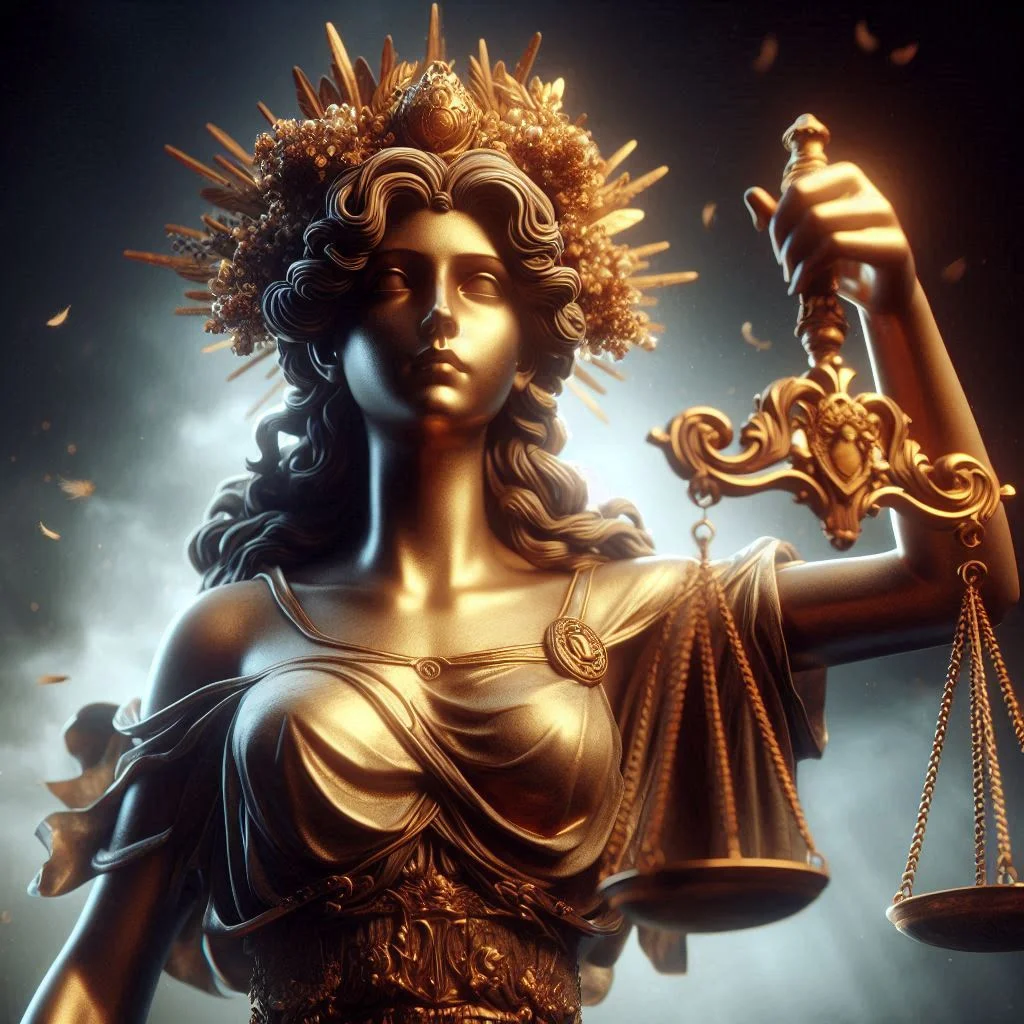Topic: The Role of Constitutional Safeguards in the United Kingdom
Table of Contents
Exploring the role of constitutional safeguards unveils the unique nature of governance in the United Kingdom, where a blend of written and unwritten principles shapes the nation’s legal framework. From the doctrine of parliamentary sovereignty to the principles of the rule of law and the separation of powers, constitutional safeguards serve as a sentinel against abuse of power and erosion of liberties. By examining key constitutional principles, landmark cases, and contemporary challenges, this analysis seeks to provide a comprehensive understanding of the UK’s constitutional landscape and the mechanisms in place to ensure accountability, transparency, and justice in governance.

The absence of a formal, written constitution in the United Kingdom may raise questions about the existence of a constitutional court. Unlike many other democracies with explicit constitutional frameworks, the UK relies on a unique blend of legal traditions and historical principles. This article delves into the constitutional safeguards in the UK, examining the distinctive mechanisms that stand in lieu of a constitutional court and ensuring the protection of fundamental principles within this uncodified system.
I. Legal Traditions and Constitutional Principles:
A. Common Law Heritage:
The UK’s legal system is deeply rooted in the common law tradition, where legal principles evolve through judicial decisions. Judges interpret statutes and apply legal precedents, contributing to the organic development of constitutional norms.
B. Constitutional Conventions:
Constitutional conventions, though unwritten, play a crucial role in guiding the behavior of constitutional actors. These unwritten rules govern the conduct of institutions and individuals, contributing to the stability and functionality of the constitutional framework.
II. Parliamentary Sovereignty:
A. Key Principle:
Parliamentary sovereignty is a foundational principle in the UK, signifying that Parliament is the supreme legal authority. As articulated by A.V. Dicey, “Parliament… has, under the English constitution, the right to make or repeal any law whatever.”
B. Limitations and Evolution:
While parliamentary sovereignty is robust, it is not absolute. The UK’s membership in the European Union introduced a nuanced interplay, with the European Communities Act 1972 incorporating EU law into domestic law. The Brexit process and subsequent developments have highlighted the evolving nature of constitutional principles.
III. Judicial Review and Rule of Law:
A. Judicial Review:
Despite the absence of a dedicated constitutional court, the UK legal system employs judicial review as a mechanism for assessing the legality of government actions. Courts, particularly the Supreme Court, have the authority to scrutinize administrative decisions for compliance with legal standards.
The rule of law is a fundamental principle guiding the UK’s constitutional order. It ensures that all individuals, including government officials, are subject to and accountable under the law. As elucidated by Tom Bingham, “The core of the existing principle is, in my opinion, correctly stated by Lord Bingham in ‘The Rule of Law’ as being that all persons and authorities within the state, whether public or private, should be bound by and entitled to the benefit of laws publicly made.”
IV. Human Rights Act 1998:
A. Incorporation of European Convention on Human Rights (ECHR):
The Human Rights Act 1998 serves as a bridge between domestic law and the European Convention on Human Rights. It allows individuals to enforce their rights in UK courts, providing a mechanism for challenging government actions that violate fundamental rights.
While not explicitly a constitutional court, the UK Supreme Court has played a pivotal role in shaping constitutional jurisprudence. The court’s decisions, particularly those related to human rights, contribute to the ongoing development of constitutional principles.
V. Devolved Administrations:
A. Constitutional Devolution:
The UK’s constitutional framework accommodates devolved administrations in Scotland, Wales, and Northern Ireland. Each devolved entity has its own legislature and government, with powers granted by statutes like the Scotland Act 1998 and the Government of Wales Act 1998.
B. Supreme Court as the Final Appellate Court:
In matters of constitutional significance, the UK Supreme Court acts as the final appellate court. Its judgments can impact the relationship between devolved administrations and the central government, establishing precedents that shape constitutional interactions.
The absence of a formal constitutional court in the UK does not diminish the effectiveness of constitutional safeguards. Instead, the UK relies on a dynamic interplay of legal traditions, constitutional conventions, parliamentary sovereignty, and judicial review to protect fundamental principles. The unwritten constitution, deeply ingrained in the common law tradition, adapts to changing circumstances while upholding the rule of law and individual rights. As the UK continues to navigate constitutional challenges, the resilience of its constitutional safeguards remains a testament to the enduring strength of its unique constitutional order.
0 Comments